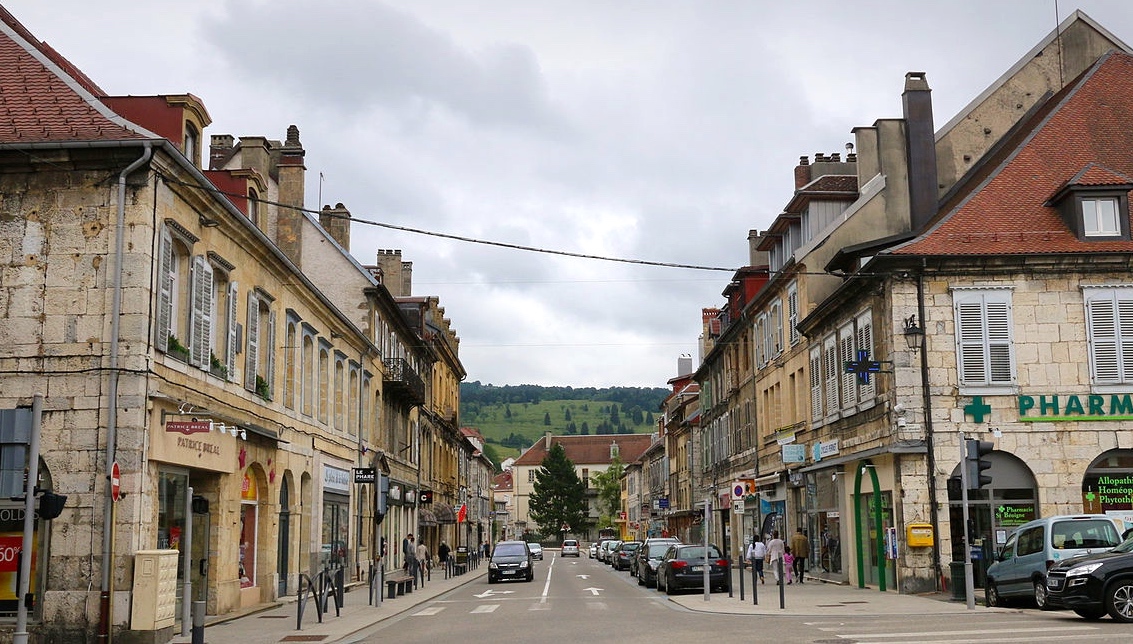
The town of Pontarlier (17,413 inhabitants, Doubs, France) places great emphasis on controlling energy expenditure under severe weather conditions. The city set up two years ago its "Pol'En energy policy" , which aims to reduce by at least 5% the energy expenditure of the municipality for the period 2014-2020. To achieve its objectives, the city has recruited a thermal engineer, equipped with energy diagnostic equipment.
This initiative is fully in line with the Millennium Development Goals , in particular Goal 7: Clean Energy at an Affordable Cost, Objective 11: Sustainable Cities and Communities , 12: "Responsible consumption and production" , and especially objective 13: "Combating climate change".
From public lighting to renovation of the building stock
Among the measures, the reduction of the environmental impact of street lighting has been implemented. Priority is given to LED technology ( light-emitting diode ) for all renovation and extension projects. Last year, two projects were planned: the replacement of 60 mercury vapor lights in a residential area, and the replacement of 40 sodium-vapor luminaires in a ZAC ("concerted development zone"). The expected reduction in consumption is estimated at 60%. The renovation of the building stock consists in particular of the implementation of energy diagnosis of thirteen communal buildings, with work to improve energy performance. A work to set up an Energy Performance Contract is in addition to the already very ambitious scheme. The City seeks to raise awareness among users: monitoring of consumption, involvement of the voluntary sector, local events on sustainable development, such as "Environment Day" and "Day of the Night" . The city wants to promote short circuits: supply of local products for school and inter-company catering, local wooden buildings.
The search for innovations in energy
Last year, the jury of the Energies citoyennes prize had welcomed the city for its study to create two micro-hydroelectric plants representing the annual consumption of 700 homes and a reduction of GHG emissions of 405 tons / year. The innovative action of the city also consisted of connecting 26 communal buildings to the existing heat network , with production from the incineration of household waste in the next six years, bringing Renewable energy mix of the city's energy mix (compared to 7% currently). CO2 emissions will thus be reduced by 60%.
To know more.
Source: http://www.villesdefrance.fr/ondes_urbaines.php?o=478&id=3693

Comments